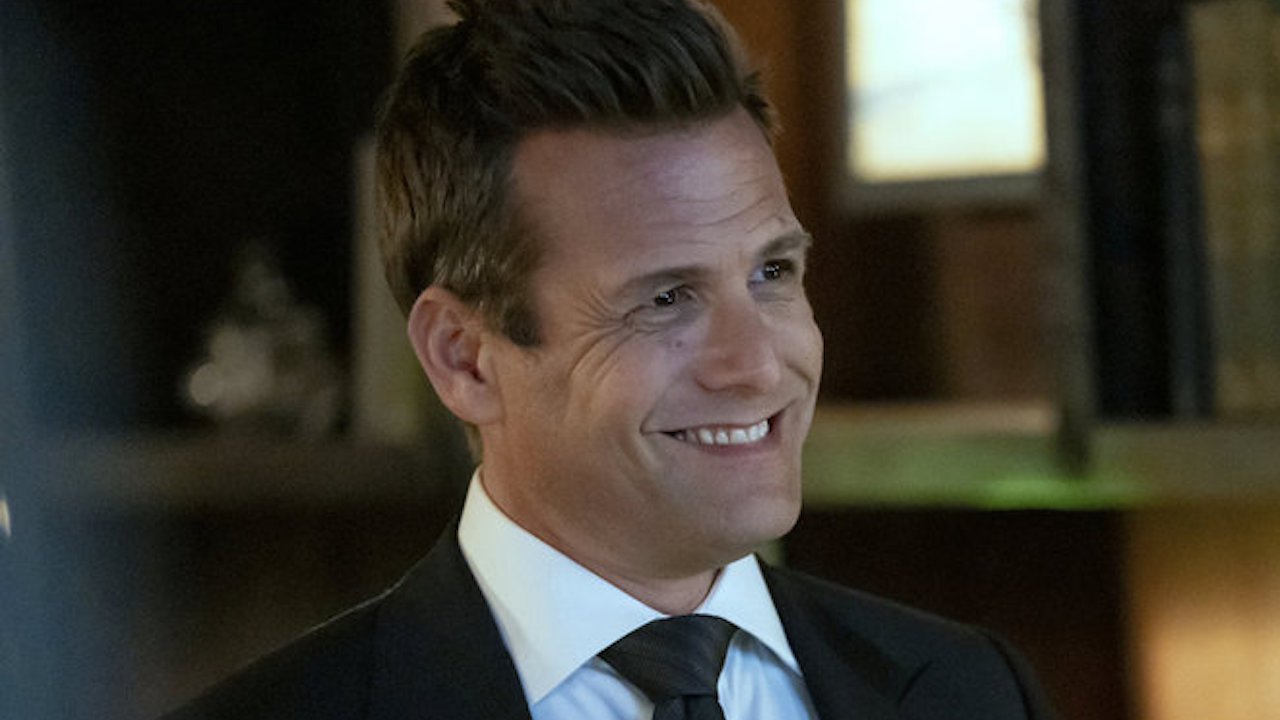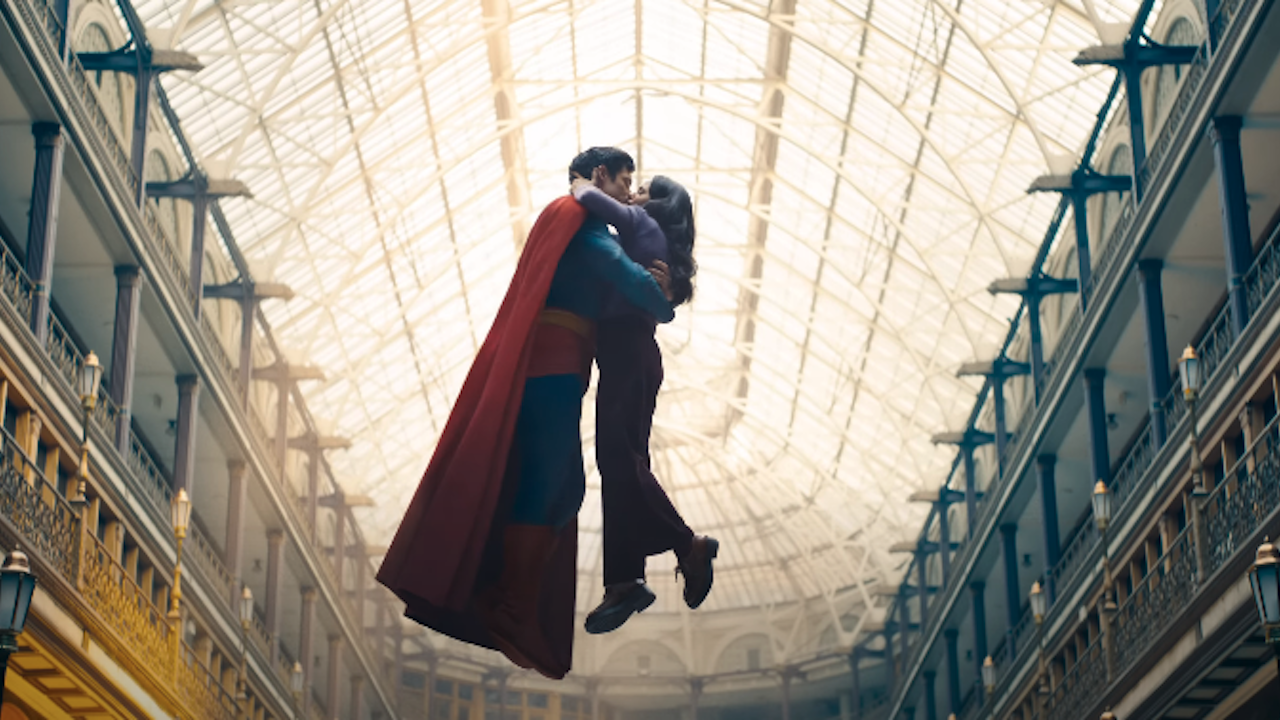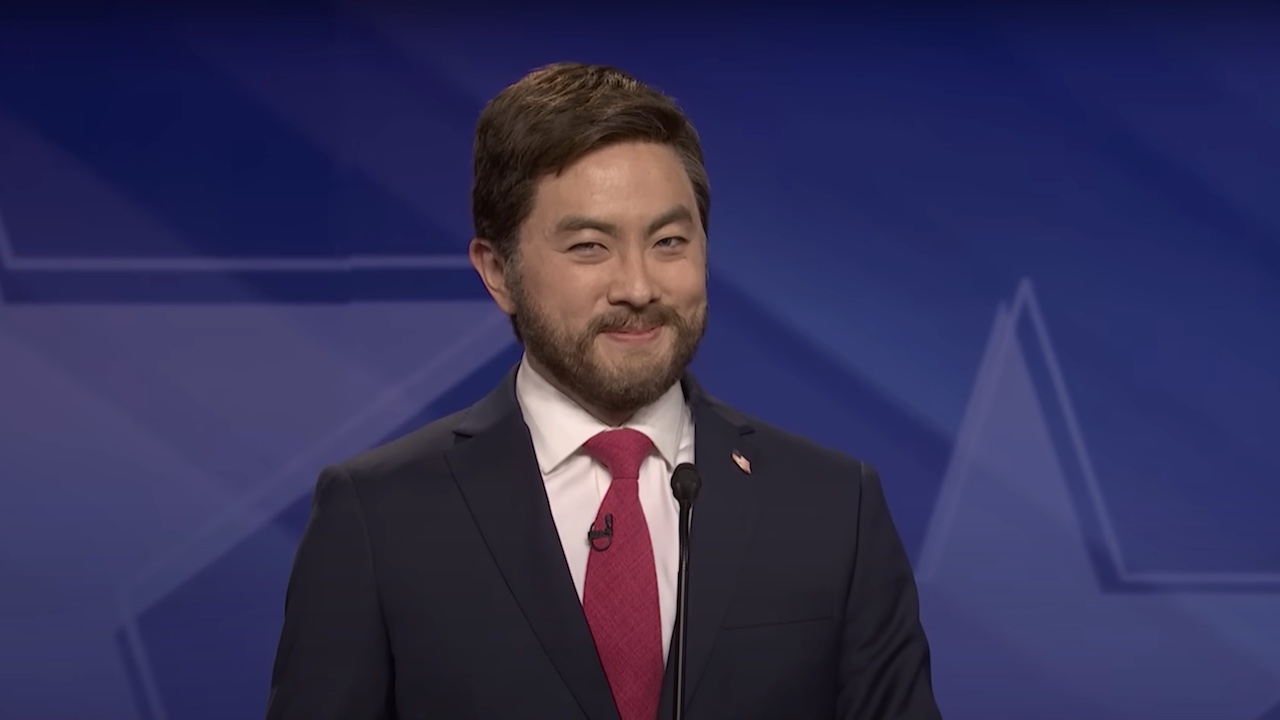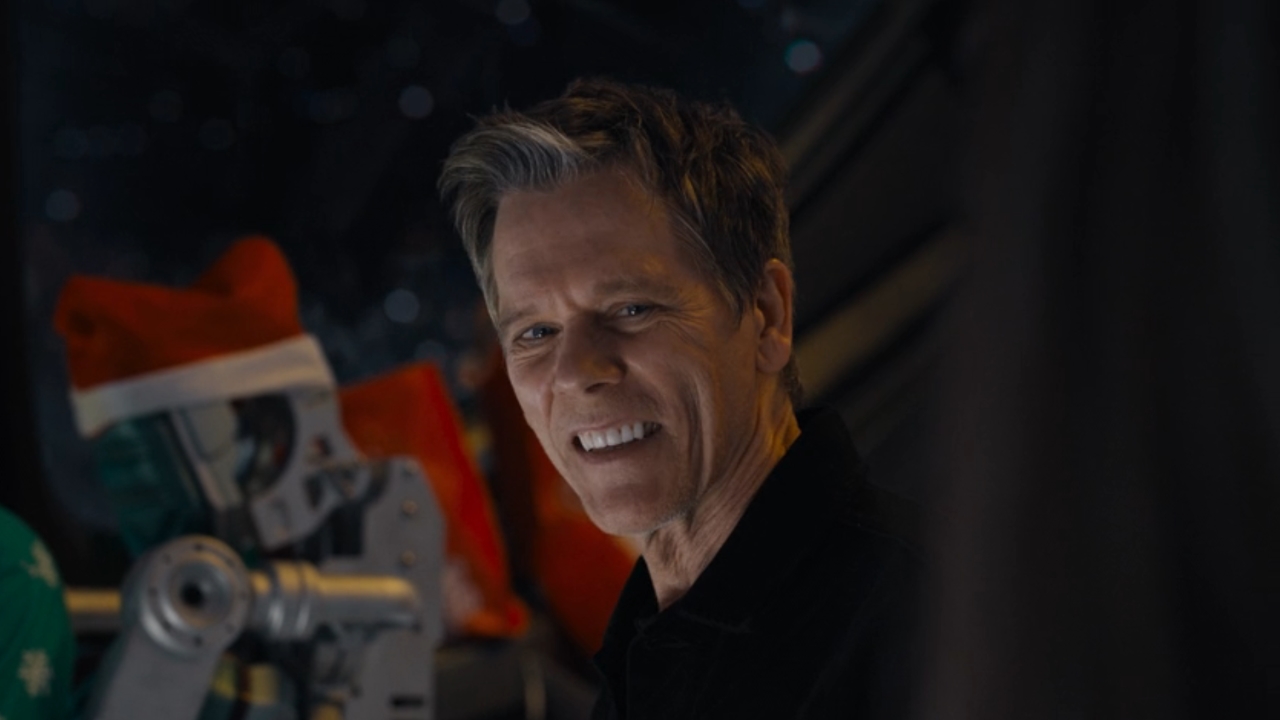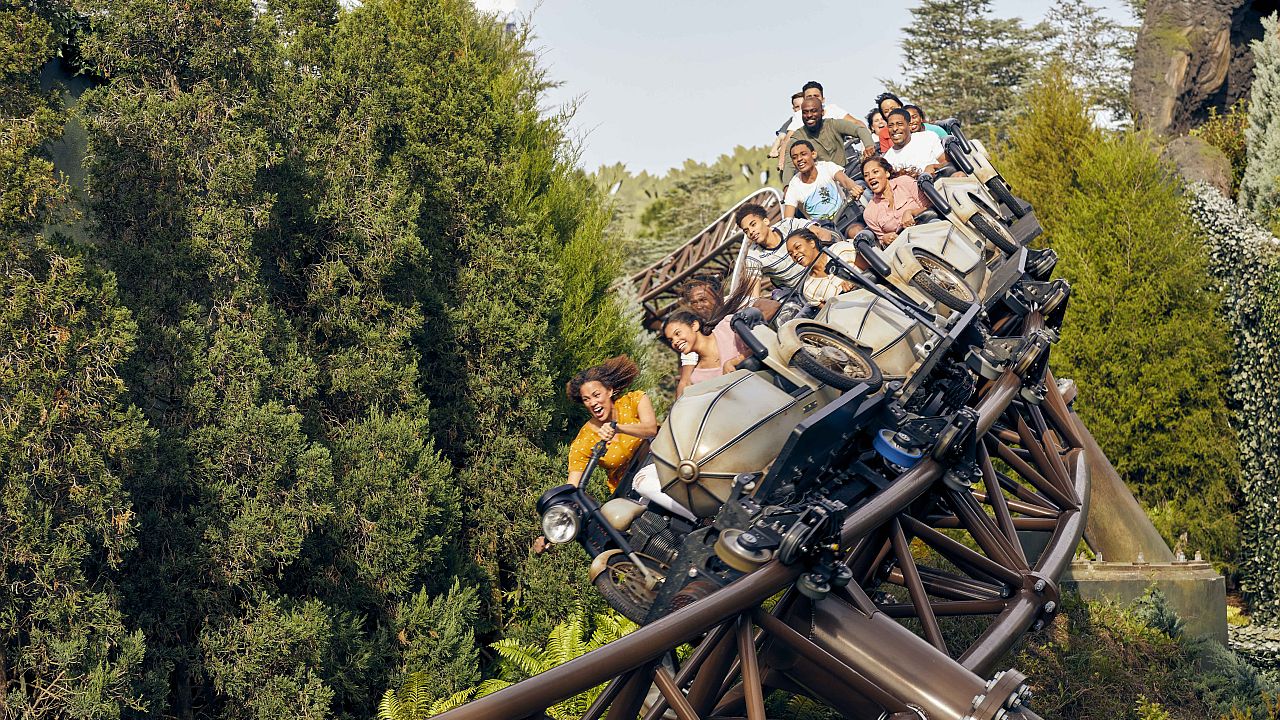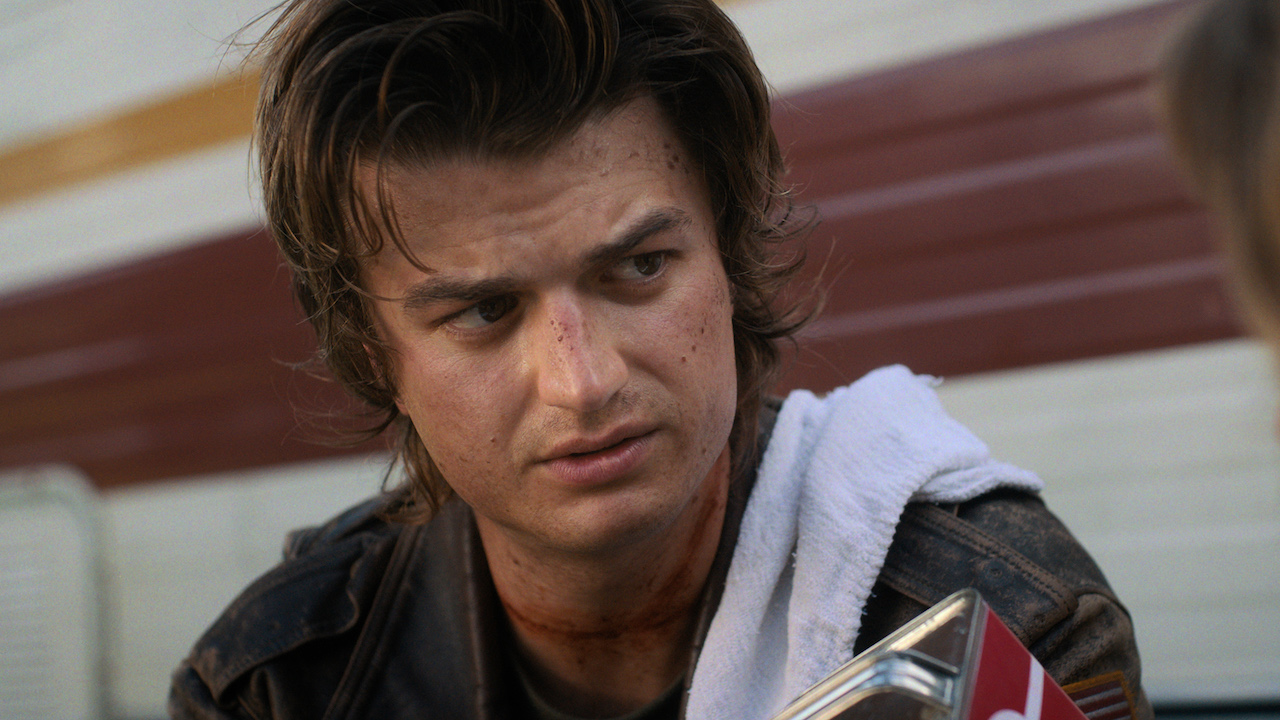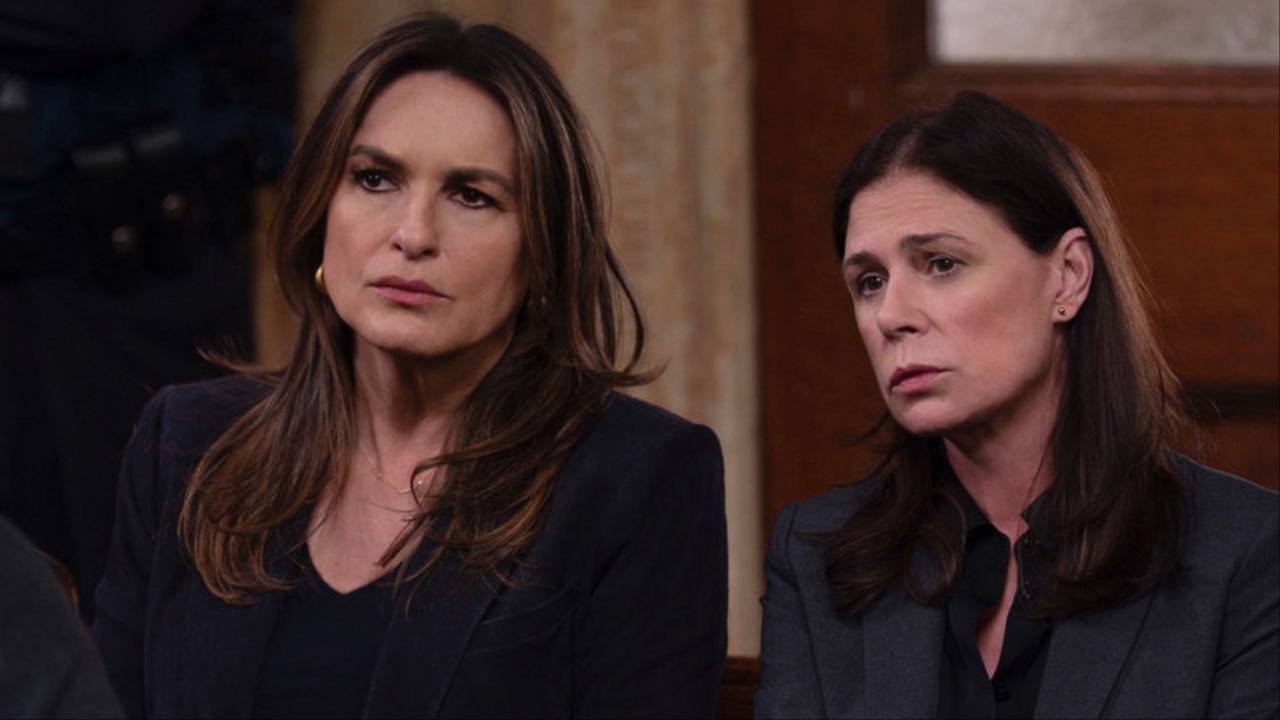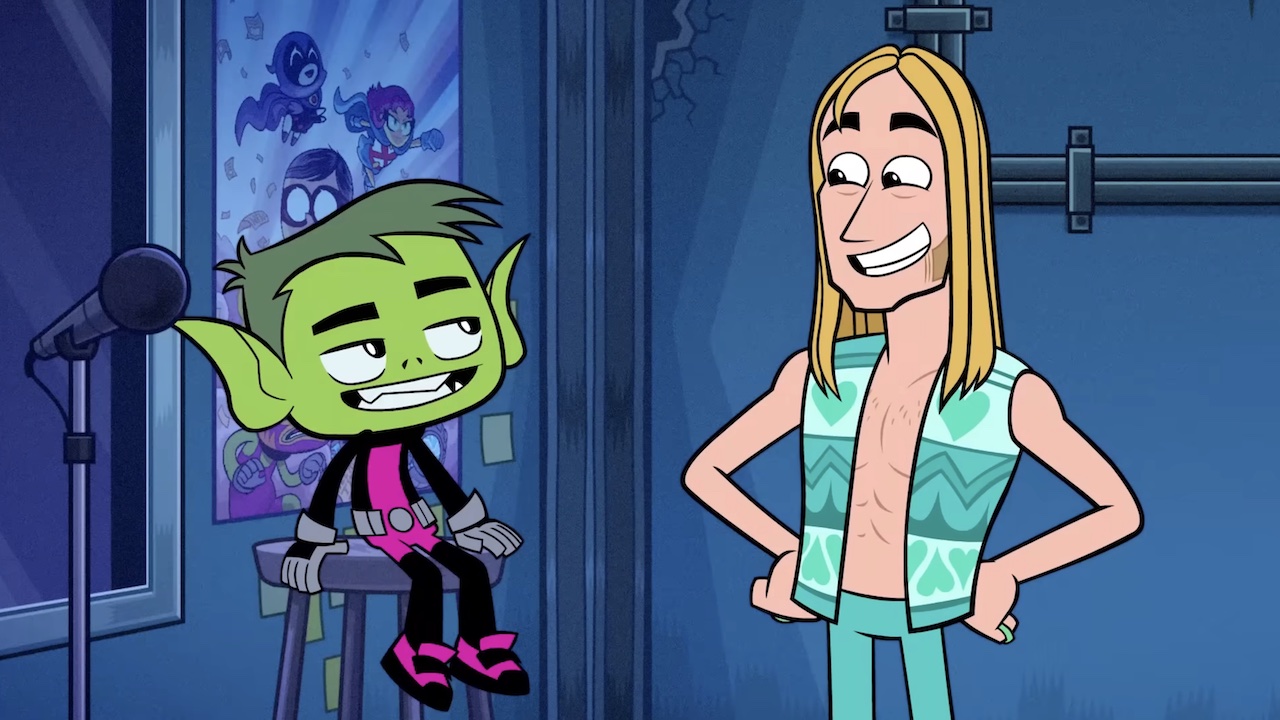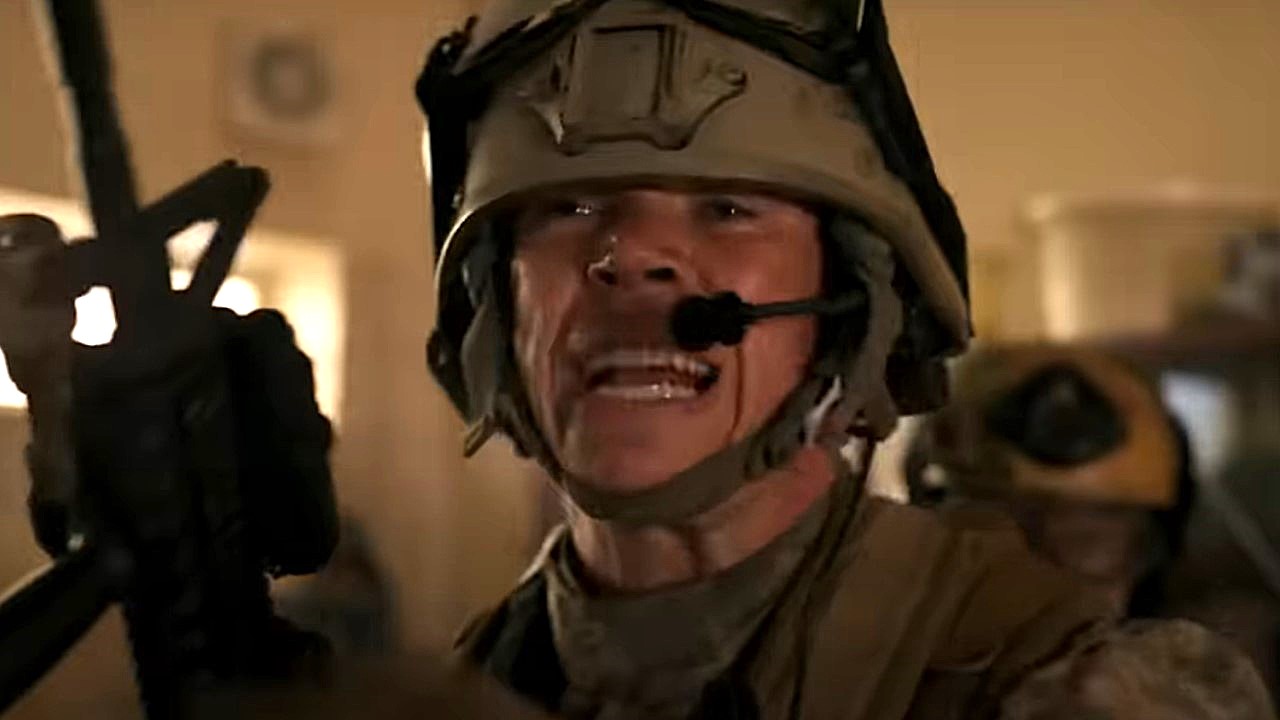How Harrison Ford Nearly Died In A Plane Crash And His Long History Of Aviation Mishaps
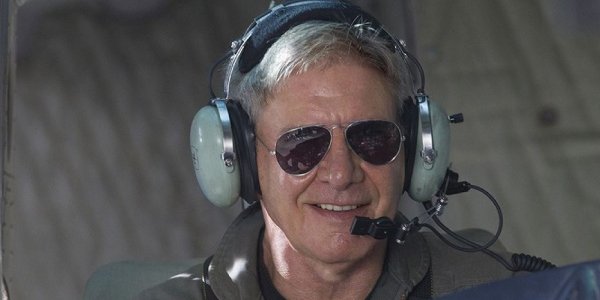
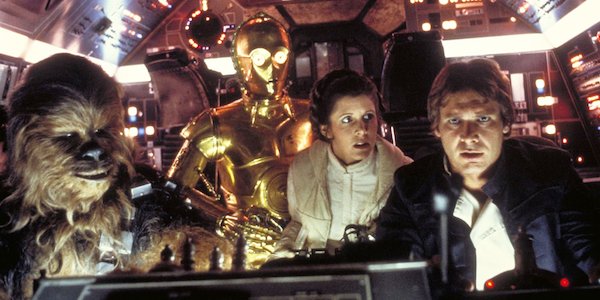
In The Empire Strikes Back, as Han Solo (Harrison Ford) is piloting the Millennium Falcon through an asteroid field, C-3PO (Anthony Daniels) informs Han that the odds of surviving such a maneuver are very low. Han responds, famously, “Never tell me the odds.”
As for Harrison Ford in real life, when it comes to aviation, we wish he would put the odds more into account.
The actor known best as Indiana Jones and the aforementioned Star Wars hero has also been known for his passion for flight, a fascination he has had since first taking lessons in the 1960s. Since he was 52, Harrison Ford has collected and flown aircraft in his time outside of saving the galaxy or protecting lost, mystical heirlooms from the Nazis.
Although, Harrison Ford's hobby has also made him the subject of infamy. I am referring to a particular aviation incident in which Harrison Ford was involved in 2015 that nearly cost the then-72-year-old’s life.
Would you believe that this was not even the actor’s first or last aviation mishap? Take a look here at Harrison Ford’s surprisingly long history as a pilot trying to beat the odds like his Star Wars counterpart, and struggling along the way.
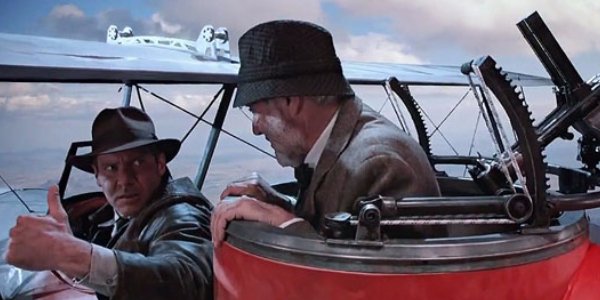
Harrison Ford Crashed His Own Plane Into A Golf Course
It was a big year for Harrison Ford in 2015, as audiences were anticipating the actor’s return to a galaxy far, far away in his reprisal of the character that launched him into stardom at hyperspeed, Han Solo, in Star Wars: The Force Awakens that December. The high-profile nature of his career was at its peak, but not just for his acting.
Months prior to the release of Star Wars: The Force Awakens, on March 5, 2015, Harrison Ford was flying his World War II-era craft, a Ryan PT-22 Recruit, over Southern California. At around 2 p.m. that afternoon, his plane suffered a malfunction and he began to lose control.
CINEMABLEND NEWSLETTER
Your Daily Blend of Entertainment News
Harrison Ford reported the engine failure to air traffic control as he made an attempt to return to the runway at Santa Monica Airport. His attempt was unsuccessful, as he continued to descend, but found what he believed would be a safe emergency crash landing spot in the Penmar Golf Course in Venice, California. As Indiana Jones would say, “Ah, Venice.”
One witness claimed stated that Harrison Ford’s engine failure was evident to her from the ground. The plane appeared to be gliding downward without the sound of an engine to be heard.
On the way down, the plane clipped the top of a tree and touched down near the tee-off mark of the eighth hole at Penmar Golf Course. Bystanders fled to the scene, found Harrison Ford battered, yet appearing to be conscious and breathing. The witness reported the accident to 911.
The local fire department and first responders came to the scene of the accident, extracted the pilot from the single-engine aircraft and took him away on a stretcher to Ronald Reagan UCLA Medical Center. Harrison Ford later recalled to Ellen DeGeneres on her daytime talk show that he suffered from a dislocated right ankle, a shattered pelvis, a broken back, a “serious bump on the head,” and was also said to have been bleeding profusely from a deep gash in his scalp.
The odds of dying from such injuries are... On second thought, I better not tell him, but you can listen to Harrison Ford discussing the crash in this clip from The Ellen DeGeneres Show here:
Still, it is a wonder that Harrison Ford managed to make it out of his crash and live to tell the tale. Many credit his survival to his expert skill as a pilot.
Indeed, it must have been his expert skill that kept him alive the other times he faced death from the pilot’s seat. Oh, yes, there’s more...
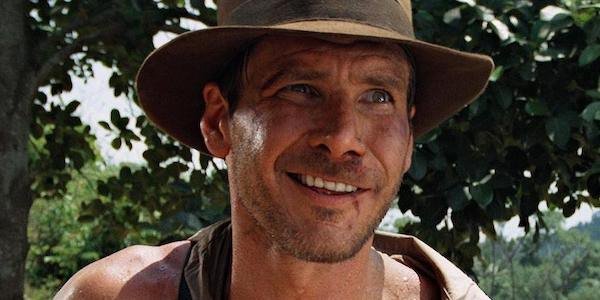
That Was Not Harrison Ford’s Only Aviation Incident
Harrison Ford has been vocal about the exhilaration that his aviation hobby has brought him. Yet, it has proven to bring him as much misfortune as it has freedom.
His first major mishap was on October 23, 1999. Harrison Ford was piloting a routine training flight in his own Bell 206L4 LongRanger helicopter with his flight instructor onboard. According to the National Transportation Safety Board, they were over the Lake Piru riverbed near Santa Clarita, California, when Ford allowed the helicopter’s altitude to drop to 150–200 feet before attempting to power the aircraft back up.
Unfortunately, the helicopter failed to regain power, sending it plummeting to the ground. The aircraft skidded on loose gravel before hitting a log, partially embedded by the gravel, which flipped the helicopter onto its side.
Harrison Ford and his instructor sustained no injuries. As for the actor’s helicopter, as he told James Lipton during an interview on Inside the Actor’s Studio, “I broke it.”
So, as of 2015, that is two aircraft in Harrison Ford’s possession that he has lost due to some real foul luck. Nevertheless, he still proudly holds his pilot’s license, despite threats of losing it in 2017. How, you ask?
Not even a full two years after his 2015 near-fatal plane crash, on February 13, 2017, Harrison Ford was piloting his own single-engine Aviat Husky. He requested to have a runway cleared for him as he was preparing to land at John Wayne Airport in Orange County, California.
The traffic control tower at John Wayne Airport cleared Runway 20L for Harrison Ford. Somehow, Ford mistook the taxiway to the left of 20L for his intended landing path. In front of the taxiway was a Boeing 737 passenger airliner, which Ford flew right above, missing the jet by approximately 82 feet, as he made his landing in taxiway.
Harrison Ford radioed to the control tower, asking if the airliner was supposed to be underneath him at the time of his landing. The controller informed him that it was not and that he landed on taxiway “C,” or its call sign, “Charlie,” to which Ford replied, “I landed on Charlie?”
You can hear the entire exchange between Harrison Ford and the John Wayne tower at the time of the incident (in which the actor refers to himself as “the schmuck that landed on the taxiway”) in this video here:
As one could probably assume, landing an aircraft on the taxiway of an airport landing area is a major violation of the Federal Aviation Administration. Nearly colliding with a passenger airplane holding more than 100 people does not make that any better.
The FAA put out an investigation and determined that the incident did not warrant a revoking of Harrison Ford’s pilot’s license. That did not prevent the then 74-year-old actor from falling under scrutiny of people who believed it was time for him to give his hobby a little break.

Aviation Has Also Been A Recurring Theme In Harrison Ford’s Filmography
Interestingly enough, Harrison Ford’s passion for flight is not exclusive to his personal life. His interest in aviation can be found even on screen throughout his long acting career.
Of course, most famously, his Star Wars character, Han Solo is credited as making the Kessel Run in under 12 parsecs as the pilot of the Millennium Falcon. However, in between appearing in 1977’s Star Wars and The Empire Strikes Back, Harrison Ford starred as a military pilot in the 1979 World War II-era romance Hanover Street. Perhaps that role inspired him to purchase his ill-fated Ryan PT-22 Recruit?
Archaeologist Indiana Jones, Harrison Ford’s other most iconic character from a George Lucas production, is not a pilot like Han Solo. Yet, throughout director Steven Spielberg’s series, Indy has had his fair share of aviary experience, but not without its problems.
Indiana Jones survived two plane crashes, one in 1984’s Indiana Jones and the Temple of Doom after the pilots sabotaged his flight home by jumping out, and another in Indiana Jones and the Last Crusade, which his father (Sean Connery) accidentally caused. However, that is only two notable aviary mishaps Indy has been through, which Harrison Ford has him beat in.
One of Harrison Ford’s most memorable action films of the 1990s was Air Force One. Though flight is pivotal to the film’s story, Ford does not play a pilot, but the President of the United States, who must defend himself and the passengers of his own plane from Russian terrorists led by Gary Oldman.
In 1998, Ivan Reitman directed Harrison Ford in Six Days Seven Nights. This time, Ford does get to assume his preferred role as a pilot transporting a magazine editor (Anne Heche) until (you guessed it!) the plane crashes on a deserted island.
In 2014, Harrison Ford’s character Drummer in The Expendables 3 successfully commandeers a helicopter without crashing it, taking out enemy soldiers along the way. I wonder if the actor prefers re-watching this scene out of any related to aviation throughout his career the most.
Whether he is flying with Rebel forces, outrunning power-hungry Nazis, or simply taking a quick cruise, Harrison Ford is a man of the skies and still flies to this day. Despite all he has been through, it does not look like a near-fatal crash in a golf course or a near-collision with a jet is going to keep him away from the clouds anytime soon.
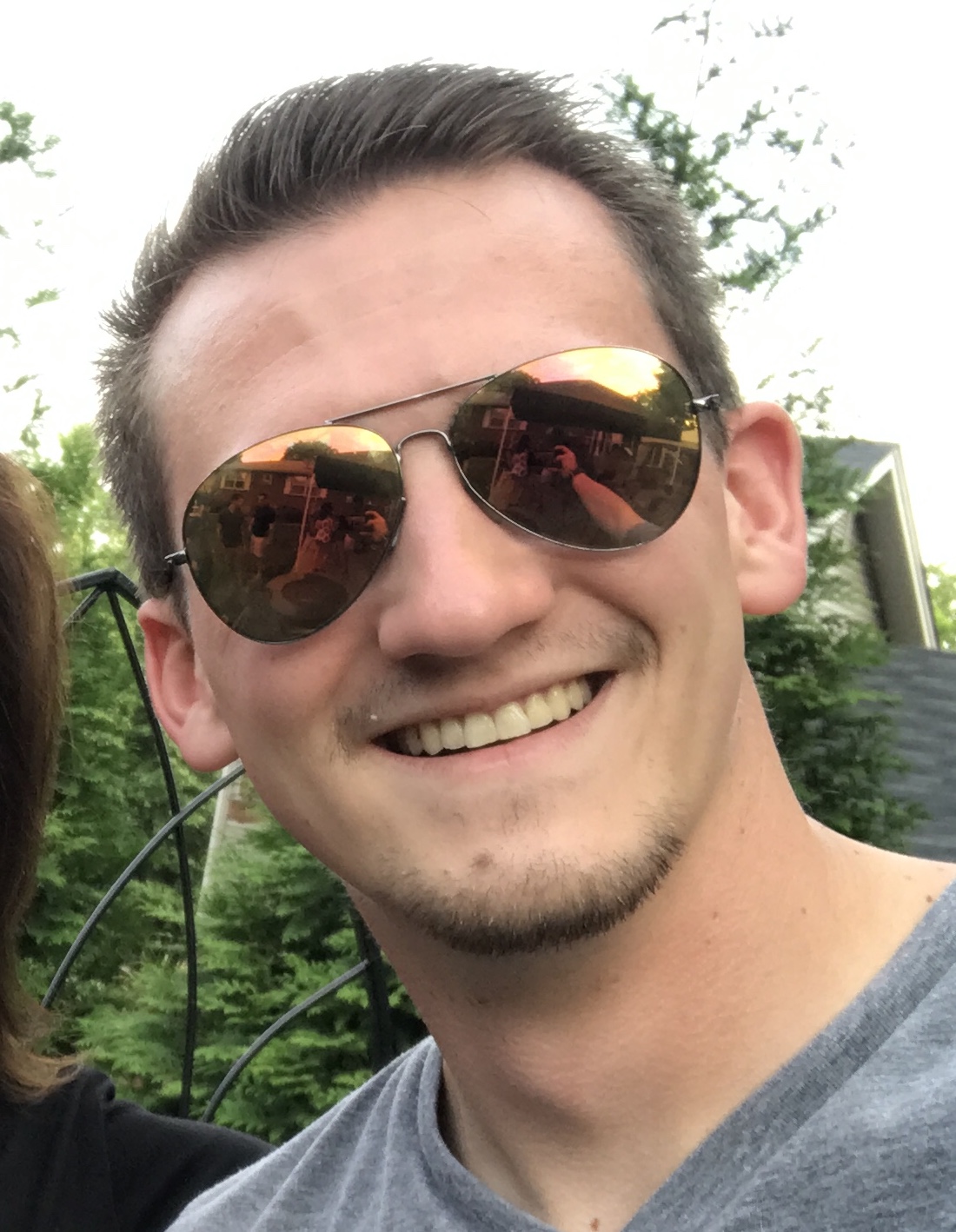
Jason Wiese writes feature stories for CinemaBlend. His occupation results from years dreaming of a filmmaking career, settling on a "professional film fan" career, studying journalism at Lindenwood University in St. Charles, MO (where he served as Culture Editor for its student-run print and online publications), and a brief stint of reviewing movies for fun. He would later continue that side-hustle of film criticism on TikTok (@wiesewisdom), where he posts videos on a semi-weekly basis. Look for his name in almost any article about Batman.
Suits’ Gabriel Macht Explained Why He Agreed To Reprise Harvey Specter For The LA Spinoff, But Now I’m Also Concerned About His Future With The Show
Fans Are All Over Lois Lane And Superman Kissing In The Air, But David Corenswet Warns 'It Feels Less Romantic' To Actually Film It
Bowen Yang Explained Why He'd Like SNL To Cast Someone Else As JD Vance: 'You Don't Have To Stick With Me'
